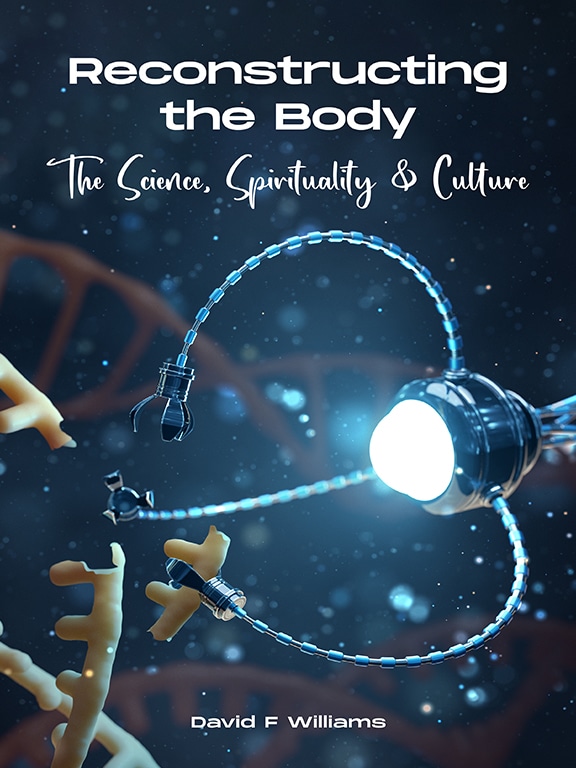But, memorably, wishing the end to be better:
I will arise and go now, for always night and day
I hear lake water lapping with low sounds by the shore;
While I stand on the roadway, or on the pavements grey
I hear it in the deep heart’s core
William Butler Yeats “The Lake Isle of Innisfree”, 18884
When these Celtic poets were at their respective peaks, the medical professions had little control over death, and both of them lived through, and were affected by, the great wars of the twentieth century, where the slaughter of millions was considered by many to be the price of victory (Thomas, born at the beginning of the First World War, died after the Second; Yeats lived through the First and died at the beginning of the Second). Amelioration of the dying process, referred to today as ‘end-of-life care’, was generally considered to be the most important role for the physician. The original Hippocratic Oath5 mentions nothing about dying and modern versions address the subject in terms such as;
“Most especially must I tread with care in matters of life and death. If it is given me to save a life, all thanks. But it may also be within my power to take a life; this awesome responsibility must be faced with great humbleness and awareness of my own frailty. Above all, I must not play at God.”
Today, well into the twenty-first century, the situation is quite different since we now have, technologically, the capacity to extend life as well as profoundly improve the amelioration of the dying process. How important is, and what price should we pay for, longevity? Many aphorisms about longevity were written or said during the times when we simply did not have this capacity to extend life:
“Longevity is having a chronic disease, and taking care of it”
Oliver Wendall Holmes, Jr.,
“The quality not the longevity of one’s life is what is important”
Martin Luther King, Jr.,
We also may consider the spiritual concepts associated with the transition to death, including the metaphysical concept of the reversibility of death6 . In the literary world, Tolstoy’s “Death of Ivan Ilyich” sheds a fictional yet compelling view on the perception of death and its meaning. The eponymous subject of this novella is a middle-ranking Russian prosecutor and judge who finds life unsatisfactory, being too mechanical and repetitious, leading to his own metaphysical anxiety about physical impermanence. He suffered illness and when death started to loom, he became plagued by a dream where he was pushed, in a dark bottomless sack, into an abyss with no way out. There was a hole in the sack through which, in his struggles and thrashing around, he could not pass. However, his son was able to find him and kiss his hand, at which Ivan Ilyich fell through and saw the light;


